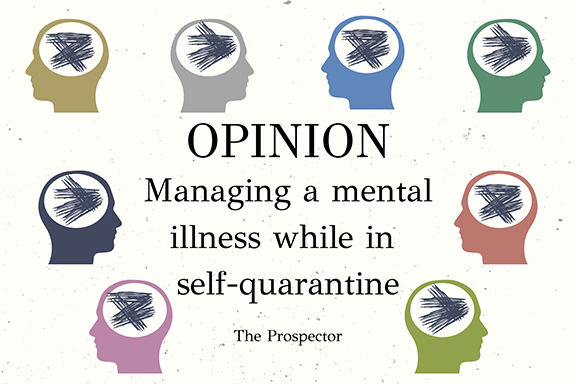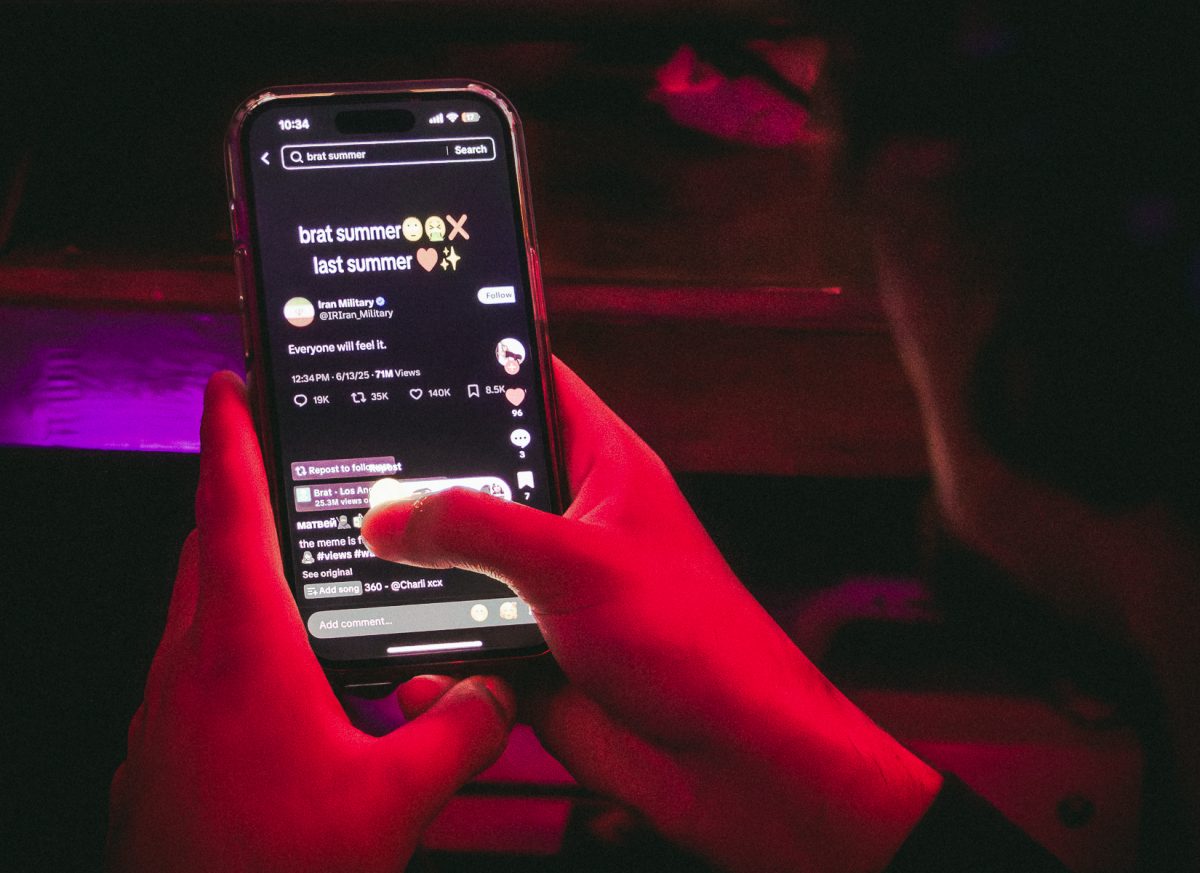Four weeks ago, before everything got canceled, before we were all ordered to stay inside and before life seemingly came to a sudden halt, I welcomed and even hoped for the possibility of a countrywide lockdown. I saw it as an opportunity to destress and finally get around to all the tasks piling up on my to-do list in the comfort of my own home.
While I’m no extrovert by any stretch of the imagination, too much social interaction can often leave me feeling burnt out, so I find comfort and relief in staying at home to recharge for periods at a time. Still, I’m aware now more than ever that too much of one thing is hardly ever good.
Despite my excitement over the announcement of UTEP’s shift to online classes, deep down, I knew what a disaster this situation would be for my mental health, especially as someone who suffers from ADHD and depression. I knew that isolation would only worsen my condition, and that is precisely where I find myself now.
Isolation has never been a pleasant experience for me. I typically rely on structure, routine and regular face-to-face interaction with my friends and peers to maintain positivity and stability. But being stuck inside with nowhere to go has amplified my symptoms of depression and has brought all my negative and oppressive thoughts to the forefront of my mind.
The whole situation has impaired my ability to function as I normally would over the last four weeks. With each passing day, I feel more and more disconnected from myself and the world around me. I struggle to complete assignments, I fall asleep and wake up at odd and irregular hours of the day, even something as basic as remembering to eat has become a challenge for me.
To be fair, I realize that everyone in the world is probably experiencing these same emotions right now, whether they struggle with a pre-existing mental illness or not. That being said, if anyone can relate to my situation, no matter the circumstances, please understand that you are not alone. Although it may seem challenging to visualize an end to the chaos and a return to normalcy, we have to remember that these conditions are only temporary.
In the meantime, reach out to your friends and ask if they are doing OK. Talk to one another and share your experiences. Don’t be afraid to have a conversation about mental health. You’d be surprised to find that the more we open up and relate to one another, the easier it becomes to cope as a collective. Acknowledge the calamities, but don’t dwell on them. To those who do suffer from mental illness, I cannot stress enough the importance of taking your medication regularly as needed.
Still, if you find yourself feeling overwhelmed and unable to cope, there are multiple resources available. If you already see a psychiatrist or other mental healthcare professional, notify them about your situation and schedule some remote sessions if possible. If you are a UTEP student, you can check out some of the pandemic-related resources provided by the university’s Counseling and Psychological Services (CAPS). In addition to one-on-one counseling sessions via phone call, CAPS has provided these mental health tips for managing coronavirus concerns and a coronavirus anxiety workbook to help you build coping skills and create a personal plan of action.
Another helpful resource that I’ve found is an article from Psycom.net, a website and project founded by the late psychiatrist and clinical psychopharmacologist Ivan K. Goldberg, that explains how coronavirus affects the most common mental illnesses from OCD to schizophrenia and more. It also provides coping tips and resources for each.
Margaret Cataldi may be reached at [email protected]







